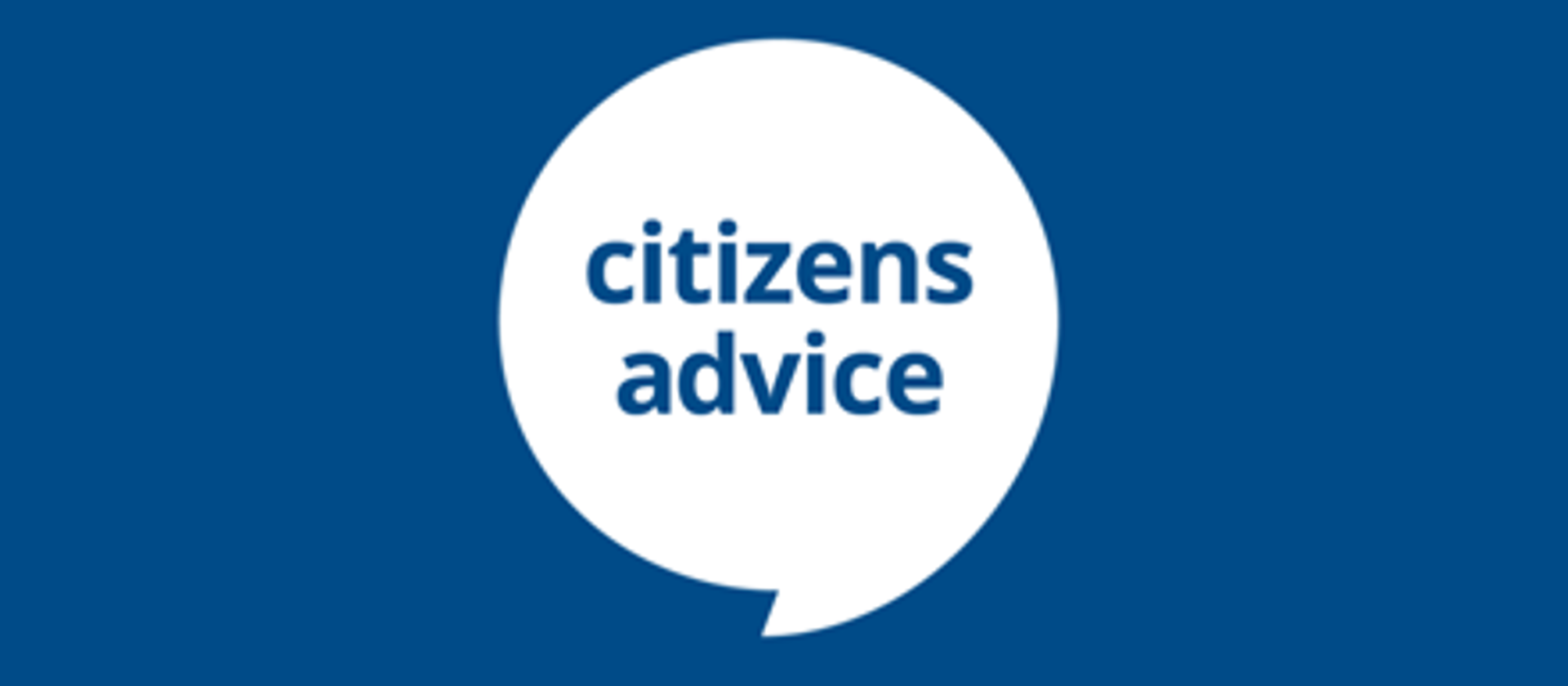Carers
If you are looking after someone with care and support needs who could not manage without your help, then you are a Carer.
You may have been providing care for a long time or you may have recently started supporting someone.
The law in Wales defines a Carer as someone who provides or intends to provide care for an adult or disabled child.
The Social Services and Wellbeing (Wales) Act 2014 gives Carers the same rights as those they care for and as such, you are referred to throughout the Act in recognition of the invaluable contribution you make.
Some examples may be that you provide care and support to someone with
- Dementia
- A learning disability
- A stroke survivor
- A person receiving treatment for Cancer
- Autism
- A person with drug or alcohol dependence
- A person with ill mental health
- Frailty due to being an older person
These examples are not an exhaustive list and many people do not realise that they have become an unpaid Carer.


TuVida - Bridgend Carers Wellbeing service.
Further information about the type of support that is available to you as a Carer in Bridgend can be found at our Bridgend Carers Wellbeing service.
If you would prefer to you can either speak directly to the social worker that works with your family or you can contact the Common Access Point:
Carers’ Needs Assessment
As a Carer you have the right to have a Carers’ Needs Assessment, sometimes referred to as a “what matters” conversation.
You are entitled to this assessment even if the person you care for has declined their own assessment.
This is not in any way an assessment of the care that you provide for a person, or a test of your ability to care.
Neither is it a financial assessment (Carers may be asked if they wish to discuss how their caring role is affecting their finances and information may be provided on how to maximise your income), but rather it is an opportunity to discuss and explore how you can be supported in your caring role.
It is so easy to get caught up in your day-to-day caring role that your own needs take second place. It is incredibly important that you have the opportunity to look after yourself too, being healthy and well is important for you to continue to care. You should be offered an assessment as soon as it appears that you currently have a need for support, or that you made need support in the future.
A Carers Needs assessment is your opportunity to discuss your caring role and how it is impacting on your life. The assessment will be carried out by a social worker from Bridgend County Borough council, or in some cases a trusted assessor who will undertake the assessment on behalf of the local council.
It can be incredibly difficult to ask for help and you may experience feelings of guilt for feeling that you are struggling with your caring role. That is a completely normal and understandable response. We understand that many Carers experience these feelings and are not here to judge you. Speaking to someone about your caring role can be incredibly helpful as it allows you the opportunity to explore your feelings and help you to make sense of what can be a challenging and difficult situation.
Your assessment can be undertaken in a way that works best for you, for example, it can be undertaken with the person that you care for as part of a joint assessment. Or it can be undertaken away from the person, away from your home, or over the telephone. The person completing the assessment will want you to be as comfortable as possible so that you get the best out of your assessment and to help identify the correct support for you as a Carer.
Some of the things that you may wish to consider and discuss at your Carers’ Assessment could be
- What support and help you might need to look after the person that you are caring for
- How much of your time is spent caring
- How your caring role affects your life and wellbeing
- Your feelings and choice about caring
- Whether you need help to find out about financial support
- Whether you wish to work, access training, education or leisure activities.
This list is by no means exhaustive. A needs assessment is intended to explore the support that you might need to maintain your own wellbeing.
The assessment can be carried out with the person that you care for or separately from them. The person that you care for does not need to be known to Social Services for you to be able to have a Carers Needs Assessment. It can be undertaken at a time and location that is suitable for you. You will be provided with a copy of your assessment and advice on the services, information and support that could help you. As a result of your assessment, we may agree to provide you with a Carer Support Plan.
Useful links




